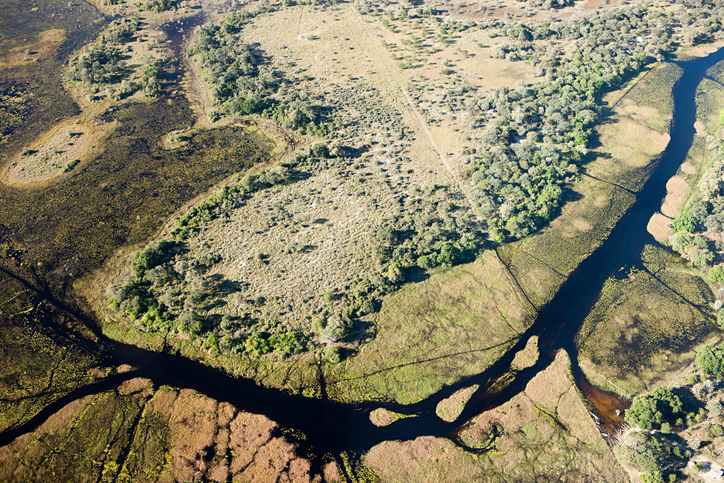Financial institutions are pivotal in mobilising the essential capital for more climate finance. To achieve this, financial institutions must overcome the barriers that delay investment decisions. Could a new tool that streamlines climate due diligence help? We believe so.
The outcomes of COP29 have further solidified the imperative for both private and public sector capital to drive the transition towards a sustainable and low carbon future. Following long discussions, a New Collective Quantified Goal (NCQG) has been agreed upon.
The $300 billion per year pledge is a threefold increase from the previous target of $100 billion per year by 2025, yet it still falls short of what is realistically needed to achieve global climate goals. According to the Independent High-Level Expert Group on Climate Finance, $6.5 trillion is needed by 2030 to meet climate targets. This serves as a stark reminder of the critical role private finance has to play in closing the financing gap towards the economy-wide transition to Net Zero.
Financial institutions must reassess their investment strategies in order to increase funding for global decarbonisation and climate resilience efforts. This is not just a matter of corporate responsibility but a strategic necessity. Aligning investment and lending practices with the Paris Agreement is crucial for safeguarding the wellbeing of people and the planet. Moreover, it ensures the long-term stability and sustainability of the financial landscape. However, to align investment and lending practices with the Paris Agreement, several climate due diligence challenges must be overcome first.
Financial institutions currently face various challenges in climate due diligence, from data quality to the need to comply with evolving regulations. On top of that, due diligence requires significant resources and specialist sustainability knowledge, which not all investment teams have, meaning due diligence results cannot be presented to investment committees within the short timeframes required. With the absence of efficient processes, financial professionals risk walking away from investment opportunities that would support the Net Zero transition. A streamlined climate due diligence process could be the solution.
Streamlining the due diligence process
To help one of the UK’s largest institutional investors reach Net Zero across its key investment portfolios, we developed a tool that helps gather and assess the sustainability credentials of transactions ahead of investment decisions. With this tool, even professionals with limited sustainability knowledge can assess the greenhouse gas emissions and sustainability credentials associated with a company or project ahead of investment decisions. Key metrics of the tool may include, but is not limited to:
- Scope 1 and 2 greenhouse gas emissions of the borrower or investee
- Scope 1 and 2 financed emissions
- Economic carbon intensity (tCO2e/$) of the loan or investment
- Scope 3 emissions where relevant and possible
- Implied Temperature Rise
- Eligibility and alignment with the relevant taxonomies or frameworks (i.e., the EU Taxonomy, Climate Bonds Taxonomy)
The tool is built on the robust framework of the Partnership for Carbon Accounting Financials (PCAF) Standard, which aims to unify the way financial institutions measure and disclose financed emissions. Recognising that data quality can vary, the tool provides multiple calculation options based on data availability and scores the data quality. Users receive detailed instructions whilst populating the required information to ensure results are complete and accurate.1
It is an easy data collection process for sustainability teams, investment managers, or deal originators to gather data on the investee or borrower, underlying assets, and financed activities. Acknowledging that speed is often a challenge in climate due diligence processes, the tool streamlines required information, ultimately providing results into clear and concise transaction reports, ready to be reviewed and shared with investment decisionmakers.
We offer this powerful and adaptable tool to new clients, including corporates with investment portfolios. The tool’s inputs and outputs can be customised to meet the specific needs of your business. Its flexibility ensures you can effectively manage your carbon footprint, advance sustainability goals, and make data-driven decisions that align with a low carbon future.
Get in touch to find out more about this tool.
1 Results of the tool are only as robust and accurate as the data that has been used.






